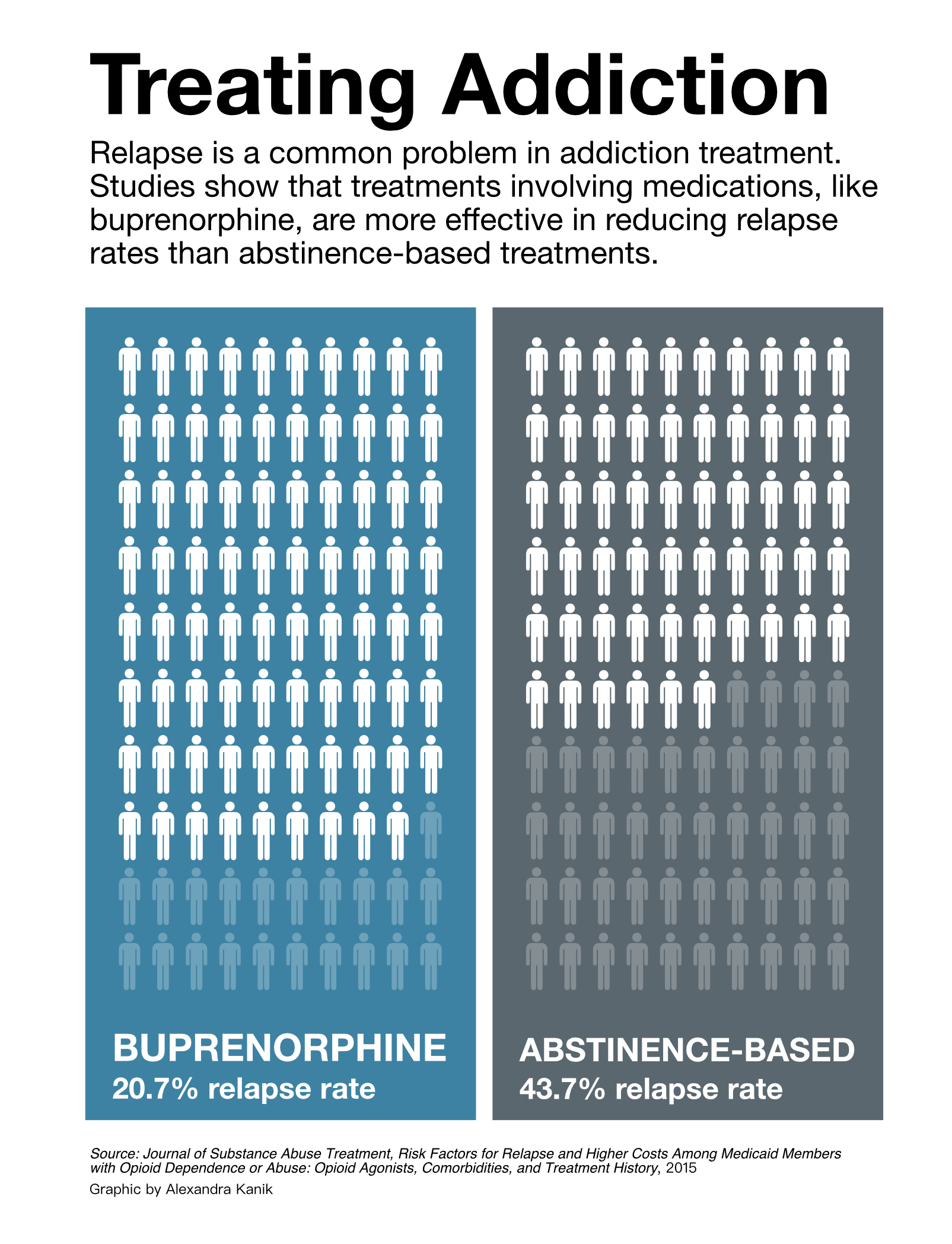RAWR

If we have learned one thing about the United States government and things that it agrees with each other on, it is national security and hurting terrorism. Combating Terrorism can be done in many different ways, but the way it is done the the RAWR Act has two main benefits. One being the ability to restricting funds for terrorism and the other in protecting wildlife. The RAWR Act stands for Reducing Animals With Rewards. I wonder if that acronym was chosen on purpose for its similar sound when pronounced to a roar, often attributed to big cats and bears. What this act did was allow the state department to offer rewards for information that lead to the conviction of animal traffickers, often whom were connected to terrorist activities, groups, or some other large criminal enterprise. 
The RAWR act was sponsored by senators from both parties and passed through the senate with unanimous support. It helps combat wild life trafficking through more funding to anti trafficking and anti poaching groups. My uncle works closely with anti wildlife trafficking groups and the United States state department in Myanmar, a country with an unregulated and un monitored border with China. In talking with him, he said surprisingly that the IRS is involved, and they are the scariest agency for poachers and traffickers to deal with. In a meeting one time he recalled an IRS agent saying, “Im just an accountant, but when I’m done with these guys, I want them to have to use a public defender. I will seize their bank accounts, their houses, their cars, their watches, everything. When I’m done I want them to be broken men. I want to take it all.” Because of the RAWR act, it is possible to get information to groups and agencies that are in thee position to stop illegal trafficking of endangered animals, animals that are being exploited to the point of near extinction.
Among the bill’s many co sponsors are both the notable senator from Florida, Marco Rubio and the former presidential candidate from California, Kamala Harris. This alliance is not publicized, and I doubt many people knew that these two individuals worked together to get this bill passed because I had to look up a List of Co-Sponsors in order to find out. This alliance wasn’t in the New York Times, at least not anywhere easy to find if it was, and this lack of reporting on the many bipartisanship issues that get through the house and the senate are why Americans think that our country is so polarized. While there are a considerable sum of polarizing issues out there, there are more issues that everyone can get behind than many people, including myself in the past, realized.







